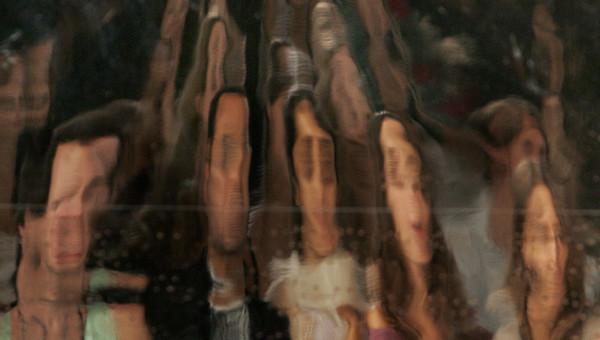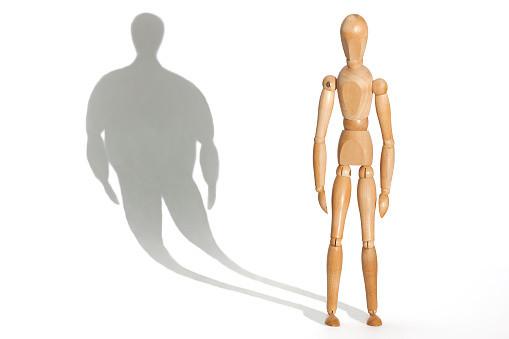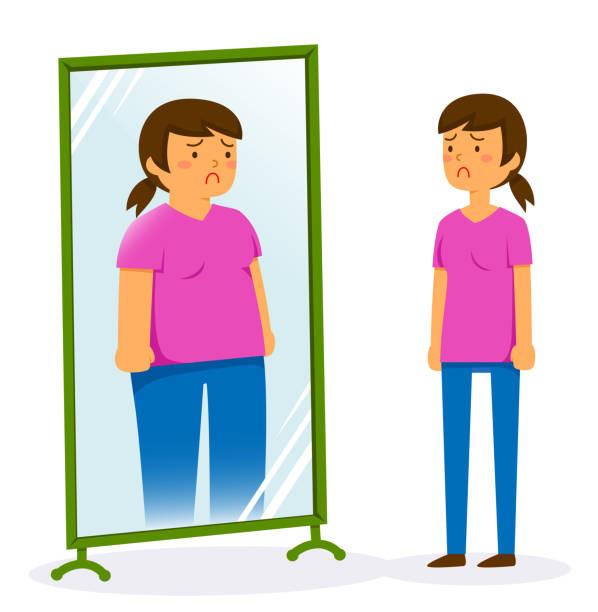Explore the World's Best Ideas
Join today and uncover 100+ curated journeys from 50+ topics. Unlock access to our mobile app with extensive features.
People experience their bodies different to what it is
- In neurology, patients with amputated limbs commonly experience phantom sensations of their missing arm or leg.
- Patients with brain damage following strokes may deny obvious impairments such as being unable to move their hands or might even deny that the hand is theirs.
- People with body dysmorphic disorder become fixated on believing some part of their body is hideously ugly.
- Patients with eating disorders such as anorexia nervosa and bulimia tend to overestimate the width of their bodies.
6
96 reads
Distorted representations of the body appear to be a basic feature of mental life
In one study, participants' hands were covered with a board and then asked to use a long baton to indicate the perceived location of the knuckle and tip of each finger. Perceptual maps of hand size and shape were constructed based on their judgements and then compared with the actual hand structure.
These maps were massively distorted, showing overestimation of hand width and underestimation of finger length.
5
69 reads
The tendency to overestimate body width
One study that compared anorexia or bulimia patients with groups of healthy control participants found that anorexia or bulimia patients overestimated their waist width by 42 percent. Similar results have been found for several regions of the body, but the waist, hips, shoulders and face were most commonly measured.
Healthy participants overestimated their bodies too. For example, one study found healthy adults overestimated the width of their waists by nearly 24 percent, the chest by 23 percent, and the hips by 13 percent.
5
53 reads
Exaggeration of a bias
Distortions of how people perceive their bodies are an exaggeration of a bias that seems to be a widespread, if not universal, feature.
What factors might lead to these distortions becoming exaggerated is not well understood. Cultural factors could be involved such as the depiction of idealised bodies in mass media and lower ratings of social self-esteem.
Body distortions, then, might be both a basic feature of mental life and can become a risk factor for mental health issues at an increased level.
5
57 reads
IDEAS CURATED BY
Connor Williams's ideas are part of this journey:
Learn more about mentalhealth with this collection
How to focus on the present moment
How to improve relationships through mindful communication
How to reduce stress and anxiety through mindfulness
Related collections
Similar ideas
6 ideas
How accurate is our mental image of ourselves?
science.howstuffworks.com
10 ideas
10 Mental Blocks to overcome - Big Think
bigthink.com
Read & Learn
20x Faster
without
deepstash
with
deepstash
with
deepstash
Personalized microlearning
—
100+ Learning Journeys
—
Access to 200,000+ ideas
—
Access to the mobile app
—
Unlimited idea saving
—
—
Unlimited history
—
—
Unlimited listening to ideas
—
—
Downloading & offline access
—
—
Supercharge your mind with one idea per day
Enter your email and spend 1 minute every day to learn something new.
I agree to receive email updates


